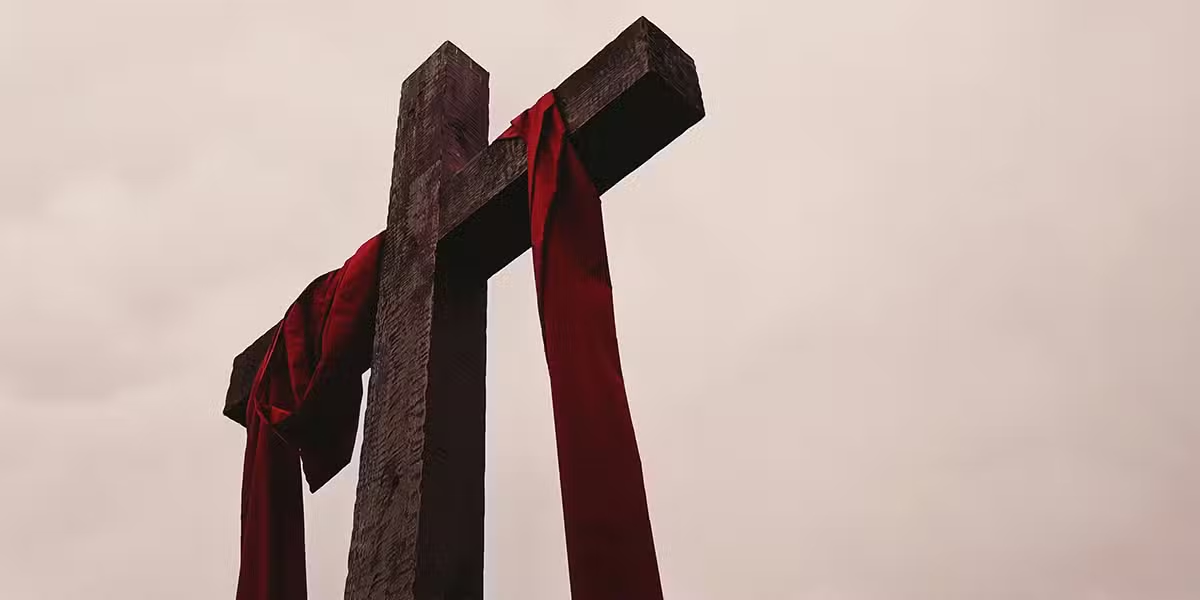Recalling a memory from last year: The sun is beginning its tilt toward the west as cicadas buzz and summer tanagers click from the white and green branches of black hickory. We follow the trail up, over the jackfork formations of shale and sandstone, a slow climb along ridgelines. My youngest daughter, not yet two, runs up and down the trail, doubling her steps and stopping only to pick up a hickory nut or investigate an odd leaf. My oldest daughter, four, skips and bounds along, swinging an Easter basket repurposed for berries.
We come to a stop, just as the summer sweat is beginning to break on our skin. In a clearing cut for power lines, now overgrown with weeds and shrubs, are thorny blackberry bushes hung with red and purple fruit like skinny two-toned Christmas trees. We begin foraging, our hands moving with care, dropping berries in the basket and in our mouths in equal measure. Our youngest, stationing herself strategically by the basket, eats the most, her lips turning crimson.
No one planted these berries. They came from birds being birds, soil being soil, sun being sun. We could pick our fill and there would be more, not only the sweet purple berries but red ones that will ripen in another week, green ones that will ripen in another month—the supply will be continuous over the summer. Our interest is not in filling any basket—it is simply to have a snack, to collect free food, to enjoy an hour away from any machines or screens or work. This is a moment of Sabbath—it is a time of rest in the abundance of creation.
If we are to recover what it means to be a creature, to live a given life in a given world, then Sabbath will be a central practice. It is in Sabbath that we learn to rest and wrest ourselves from the anxieties of achievement, of making and doing, that clamor inside and out. Though a garden should be cultivated, its soil tended and sowed toward flourishing, weeded and protected from pests, its ultimate produce is based in the gift of the abundant creation. The Sabbath is a time when we are reminded of this; accepting the manna that cannot be hoarded, picking blackberries that provide delight without cultivation.
It is in the same way that we are reminded of the truth of the creation—that our work, though called and needed, is not necessary. The world will continue without us and came long before us. Our work is to live from and with these gifts so that we can use what time we have, what little time we have, to tend their flourishing rather than exploit them for the gains that will soon fade with the rot.
The practice of Sabbath also has the effect of elevating the value of labor and of the people engaged in it. It is not a break so that we might become renewed and refreshed for more work but is rather a time when we live in the simple reality that we are creatures whose lives are given by God.
On the Sabbath, we are able to be apart from our achievements. In the Sabbath, the creation is complete, it is whole, it is finished. This is an old idea, one that refigures the idea of that first Sabbath rest not as a time when God ceased from creation, but as a day in which God crowns all things with delight. The deep harmony and peace of all creation is, in this interpretation, God’s final creative act.
The medieval rabbi Rashi claimed that the Sabbath was the day in which God did not cease from creation, but rather made menuha, which is God’s restful delight in the creation. As Norman Wirzba writes in his book Living the Sabbath, “Menuha, not humanity, completes creation. God’s rest or shabbat, especially when understood within a menuha context, is not simply a cessation from activity but rather the lifting up and celebration of everything.” So it is that Sabbath is not a time in which we escape from the “everyday” but rather realize the reality of the creation that is beneath it. This is a truth that we embrace on the Sabbath but find glimmers of elsewhere in our everyday lives.
Christians have often been poor at practicing the Sabbath, imagining it to be a Jewish practice for which Jesus showed apparent disregard. But a careful reading of the Gospels shows a very different reality. Jesus’ work was not to diminish the Sabbath but to extend it, welcoming all into its embrace. He came to proclaim a new age of Sabbath, an epoch of jubilee in which the division between heaven and earth would join in the great, “one fabric of creation.”
So it is that the Sabbath, if practiced well, is no refuge from our everyday lives, but a reorientation that should come to permeate them. Our work, if done well, will become more and more continuous with the rest of Sabbath. One hopes that most of us have had a hint of this experience; a time in our lives when our work and pleasure were the same, when our labor and our rest were united.








